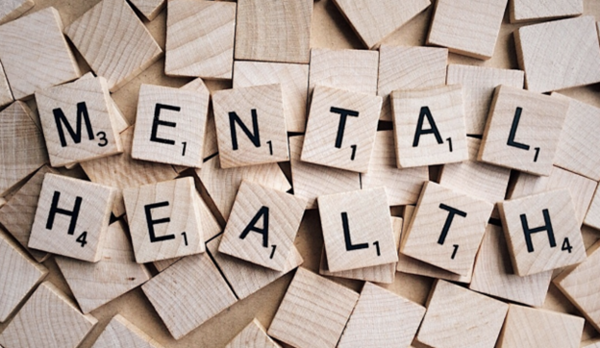
Caring the for the Mentally Ill in Assisted Living Communities
Well-Trained Staff Can Offer Effective Mental Health Support to Patients
Mental health disorders can be complex and sensitive to address in any setting, but they can be especially challenging to manage in assisted living communities. These communities are designed to provide a safe and supportive environment for seniors needing help with daily activities. Still, they may not have the resources or expertise to support residents with mental health issues effectively.
Assisted living communities need to have policies and procedures in place for dealing with residents who have mental health disorders. These may include guidelines for recognizing and responding to signs of distress, communicating with residents and their families about their mental health needs, and providing appropriate support and resources.
Some assisted living communities have mental health professionals on staff, such as therapists or social workers, who can provide individual and group therapy to residents. These professionals can also work with residents and their families to develop treatment plans and connect them with outside resources.
It is also essential for assisted living staff to be trained in mental health first aid, a course that teaches individuals how to recognize and respond to signs of mental health issues. This training can help staff provide appropriate support and care to residents with mental health disorders and promote a culture of understanding and acceptance within the community.
As a rule, assisted living communities must take a holistic and compassionate approach to address mental health disorders. By providing support and resources to residents and training staff to recognize and respond to mental health issues, these communities can create a safe and supportive environment for all residents.
Effective Training & Resources Available to Assisted Living Communities
Various training programs are available to certified nursing assistants, mental health professionals, and workers in assisted living communities. These may include:
Mental Health First Aid: This course teaches individuals how to recognize and respond to signs of mental health issues and provide appropriate support and care to individuals in crisis.
Depression Treatment: One treatment option for depression that has gained popularity in recent years is transcranial magnetic stimulation (TMS). TMS for depression involves using a magnetic field to stimulate specific areas of the brain thought to be involved in regulating mood. It is a noninvasive treatment that does not require the use of medications and is effective in reducing symptoms of depression in some individuals.
TMS may be beneficial for individuals with depression who have not responded to other treatment options, such as medication or talk therapy. It is generally well-tolerated, with few side effects reported. However, it is essential to note that TMS is not a replacement for more traditional forms of treatment. Instead, it is typically used as adjunctive therapy in conjunction with other treatments (medication, psychotherapy, etcetera).
For individuals with depression living in assisted living communities, TMS may be an option worth discussing with a healthcare provider. It is important for assisted living staff to be aware of TMS and other treatment options for depression and to be able to provide any necessary support and resources to residents who may be struggling with mental health issues.
By providing a range of treatment options and a supportive environment, assisted living communities can help residents manage their mental health conditions and improve their quality of life.
Dementia Care Training: Many assisted living communities have residents with dementia or other cognitive impairments, and it is vital for staff to be trained in how to provide appropriate care and support for these individuals.
Gerontological Nursing: This training program teaches nurses and other healthcare professionals how to care for older adults, including those with chronic conditions or disabilities.
Palliative Care: This training teaches healthcare professionals how to provide care and support to individuals with a severe or terminal illness, focusing on improving quality of life and managing symptoms.
Geriatric Mental Health: This training program teaches mental health professionals how to recognize and treat mental health issues in older adults, including depression, anxiety, and dementia.
Cultural Competency: Assisted living communities may serve a diverse population of residents, and it is essential for staff to be trained in cultural competency to ensure that they can provide appropriate care and support to individuals from different backgrounds.
Assisted living communities must ensure that their staff is adequately trained to meet the needs of their residents. This may involve providing ongoing training and professional development opportunities to ensure that staff has the skills and knowledge they need to provide high-quality care.